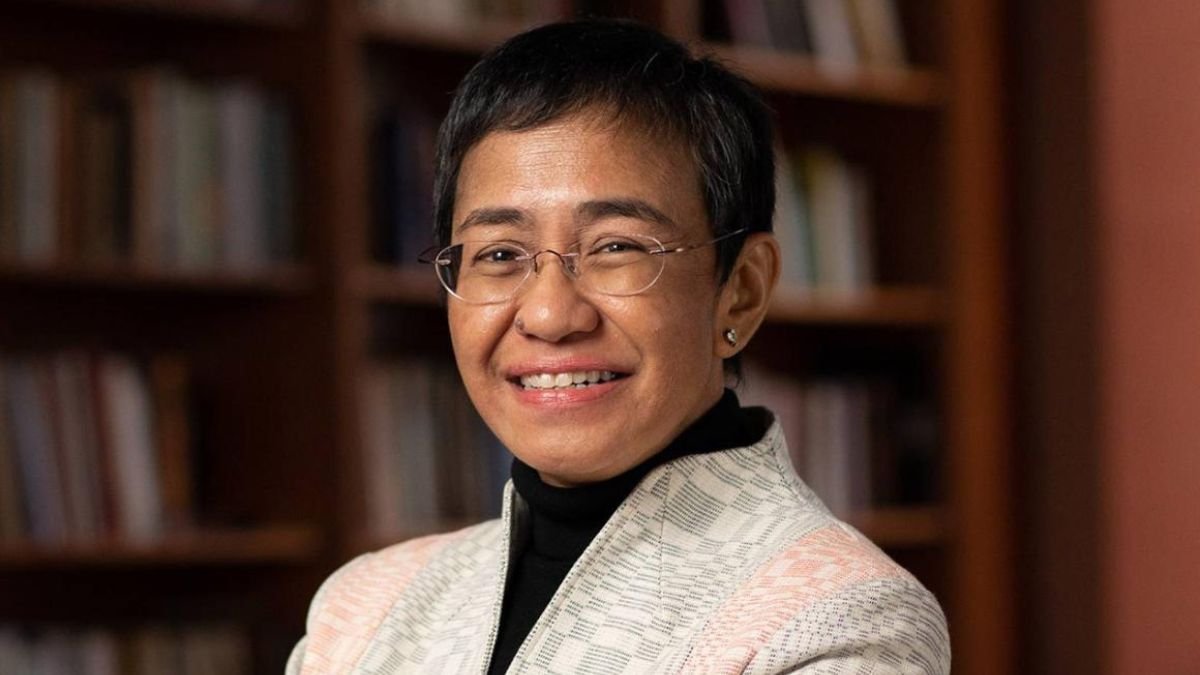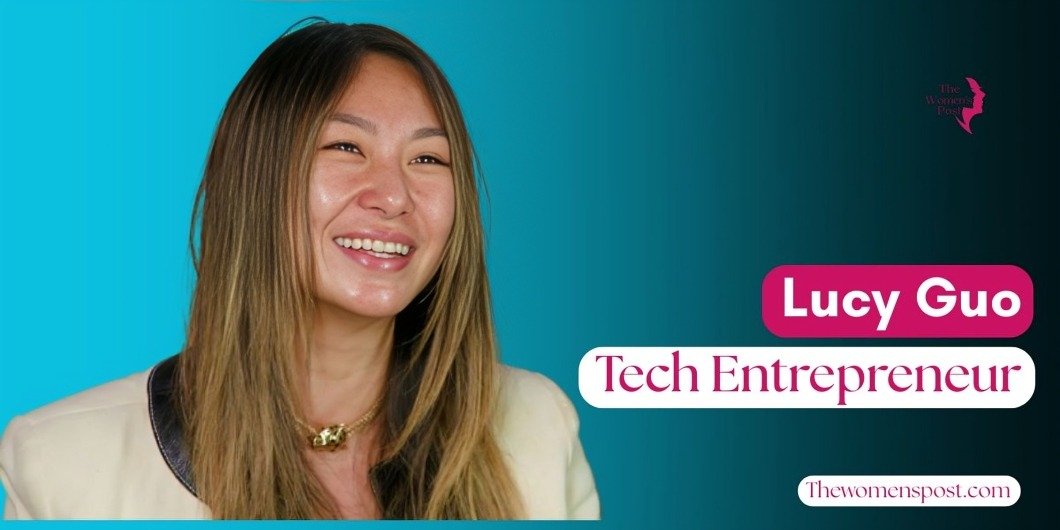Maria Ressa’s narrative is more than just a memoir of a journalist’s life; it’s a rallying cry for truth in an age when lies spread like wildfire. She is more than a reporter; she is a fighter, standing at the intersection of journalism and activism, battling for press freedom and democracy. Maria has faced dictators, misinformation, and even death threats, but she has never failed. Her life exemplifies the unwavering strength of a single voice, determined to speak truth to power at whatever cost.
Early Life and Influences
A shift from science to storytelling.
Her route to journalism was not straightforward. Maria first studied molecular biology at Princeton University, but a strong desire to create stories compelled her to change course, resulting in a degree in English and a penchant for investigative reporting. When Maria returned to the Philippines in the 1980s, the country was still recovering from the Marcos dictatorship, she found herself in the midst of a society battling with democracy. It was here that she realised the importance of journalism, not as a profession, but as a purpose.
Become a War Correspondent
Maria gained to notoriety as CNN’s brave war reporter, covering Southeast Asia’s most volatile conflicts, ranging from terrorist networks to political turmoil.
She was recognised for her in-depth coverage of the emergence of terrorism in the area, notably her insightful investigations on Jemaah Islamiyah and Al-Qaeda’s Southeast Asian connections. Maria was not only reporting; she was frequently placing herself in risk, standing on the front lines, and providing the world with a sharper picture of the geopolitical scene.
The Birth of Rappler
However, in 2012, she embarked on her most bold effort to date: the establishment of Rappler, a digital media platform that transformed journalism in the Philippines. Rappler was more than simply news; it was about civic involvement, leveraging social media to stimulate public debate and enabling individuals to speak up. The site swiftly gained popularity, appealing to a younger audience and pushing the envelope by mixing hard-hitting investigative pieces with viral social media marketing.
Clash with the Duterte administration
However, Maria’s dedication to the truth came at a high cost. As Rappler began to expose corruption, misinformation efforts, and human rights violations under President Rodrigo Duterte’s administration, the government responded. Maria was subjected to endless legal fights, ranging from tax evasion allegations to cyber libel proceedings, which were widely decried as attempts to silence her and intimidate independent media outlets. Her arrest in 2019, captured on video, sent shockwaves throughout the world. She was arrested and displayed in public, a clear message to those journalists who dare to speak truth to power.
Holding the Line: A Global Fight for Press Freedom
Despite the immense pressure, Maria refused to give up. She was in the vanguard, not just defending herself, but also advocating for press freedom worldwide. Her catchphrase, “Hold the line,” became a rallying cry, urging journalists and civilians alike to reject totalitarianism. Maria frequently discussed the insidious nature of disinformation and how social media, long viewed as a benefit for democracy, was being used to disseminate lies and sway public opinion. She emphasised the significance of technical accountability, encouraging platforms such as Facebook to accept responsibility for the dissemination of fake news.
Courage in the Face of Fear
Maria’s vulnerability is what gives her narrative such depth. She’s freely discussed her dread, the gravity of the threats against her, and the emotional toll of continual surveillance. Nonetheless, she turns her anxiety into fuel—a quiet, ferocious determination to keep fighting. Maria has frequently stated that bravery is not the absence of fear, but the will to overcome it. “You don’t wake up and say, ‘I’m brave today,'” she once stated. “You wake up and you do what you have to do.”
Mentoring the Next Generation
Her battle goes beyond herself. Maria has worked extensively to teach and coach new journalists, emphasising ethical reporting and fact-checking in an era of widespread disinformation. She has promoted citizen journalism through Rappler’s “MovePH” program, which empowers regular people to voice their experiences and hold their leaders responsible. She thinks that meaningful change occurs when the people takes an active role in the democratic process.
Nobel Peace Prize: Global Recognition
Maria Ressa became the first Filipino winner when she got the Nobel Peace Prize in 2021. The prize was more than simply a personal win; it served as a light of hope for journalists throughout the world. It strengthened the notion that press freedom is a pillar of democracy and that truth-tellers, no matter how persecuted, are never completely isolated. In her Nobel talk, Maria cautioned against the risks of misinformation and the growth of digital authoritarianism, emphasising how lies spread faster than truth and how quiet in the face of injustice only fosters persecution.
Continuing the fight for truth
Even with the Nobel Prize, Maria stays unwavering. She continues to work at Rappler, where she promotes investigative articles about corruption, the drug war, and climate change, all of which have a significant impact in the Philippines. She works with worldwide media networks, providing knowledge about how to battle disinformation and safeguard press freedom. Maria’s voice has travelled across boundaries, making her a global symbol of resistance to oppression.
Maria Ressa: Beyond Journalism
But Maria Ressa is more than a symbol; she is a person. She enjoys music and frequently shares how 80s rock songs keep her motivated during difficult times. She admires Wonder Woman and finds inspiration in the superhero’s unwavering commitment to justice. She smiles readily, sobs honestly, and maintains a strong optimism for a better future.
A Lasting Legacy
Maria Ressa’s tale demonstrates that the fight for free expression is a personal one. It’s about choosing bravery over comfort, honesty over quiet, and hope over fear. Her life’s work demonstrates that, even in the face of overwhelming darkness, a single unyielding and courageous voice can spark a movement and inspire the globe.
As Maria frequently emphasises, “Without facts, there is no truth.” Trust cannot exist without the truth. Without trust, there is no democracy.” And it is at the heart of her mission: to protect the truth for the sake of democracy and everyone’s future.
Also read: The Woman Who Built Beijing: Zhang Xin’s Journey of Grit and Grace





